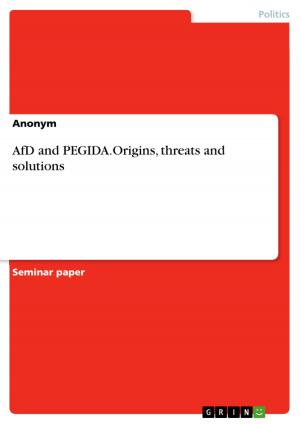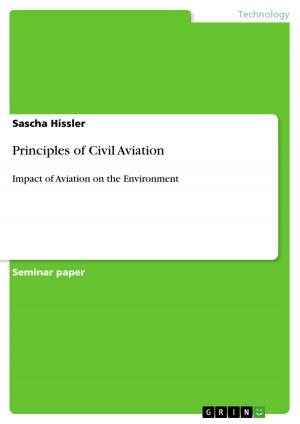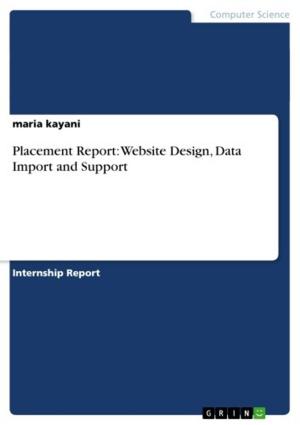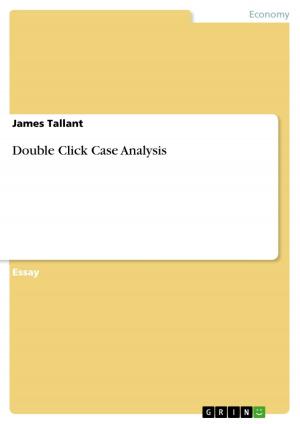Challenges for monochronic individuals in polychronic cultures
Nonfiction, Reference & Language, Language Arts, Communication| Author: | Karl Tschetschonig | ISBN: | 9783656102182 |
| Publisher: | GRIN Publishing | Publication: | January 16, 2012 |
| Imprint: | GRIN Publishing | Language: | English |
| Author: | Karl Tschetschonig |
| ISBN: | 9783656102182 |
| Publisher: | GRIN Publishing |
| Publication: | January 16, 2012 |
| Imprint: | GRIN Publishing |
| Language: | English |
Seminar paper from the year 2010 in the subject Communications - Intercultural Communication, grade: 17/20 (entspricht sehr gut), Louvain School of Management, language: English, abstract: 'Culture is to a human-being what water is to a fish - he is in it without realising.' (Hofstede) In the following document I will analyze challenges and outline strategies to cope with possible conflicts for cases, where a monochronic person (typically Western European or American) is moving to a polychronic culture (typically Latin American, Mediterranean or Arabic). In such a situation, conflicts are inevitable. In order to prevent cultural misunderstandings, the person must become aware of his own culture first, then grasp the culture of the host country in order to develop cultural awareness and intelligence. The following document attempts to illustrate the cultural values and characteristics that this person will most likely encounter in the polychronic environment, important measures on how to prevent conflicts and guidelines on how to negotiate a possible conflict.
Seminar paper from the year 2010 in the subject Communications - Intercultural Communication, grade: 17/20 (entspricht sehr gut), Louvain School of Management, language: English, abstract: 'Culture is to a human-being what water is to a fish - he is in it without realising.' (Hofstede) In the following document I will analyze challenges and outline strategies to cope with possible conflicts for cases, where a monochronic person (typically Western European or American) is moving to a polychronic culture (typically Latin American, Mediterranean or Arabic). In such a situation, conflicts are inevitable. In order to prevent cultural misunderstandings, the person must become aware of his own culture first, then grasp the culture of the host country in order to develop cultural awareness and intelligence. The following document attempts to illustrate the cultural values and characteristics that this person will most likely encounter in the polychronic environment, important measures on how to prevent conflicts and guidelines on how to negotiate a possible conflict.















